NIH
-

Protein structure and epilepsy severity
Understanding how mutations affect the structure and function of inhibitory neurotransmitter receptors will shed light on the mechanisms underlying some types of epilepsy. Read MoreNov 10, 2016
-

Improving wound healing
Vanderbilt researchers have shown that an injectable material improves wound healing and may be useful for large skin wounds such as those in patients with diabetes. Read MoreNov 8, 2016
-
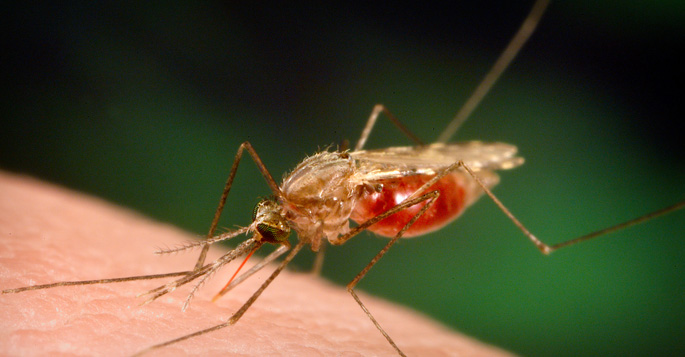
Early study finds antibody that ‘neutralizes’ Zika virus
Researchers at Vanderbilt University Medical Center and Washington University School of Medicine in St. Louis have isolated a human monoclonal antibody that in a mouse model “markedly reduced” infection by the Zika virus. Read MoreNov 7, 2016
-

VUMC investigators find pathogens work together to infect host
Pseudomonas aeruginosa and Staphylococcus aureus — two pathogens that frequently co-infect the lungs of patients with cystic fibrosis — appear to cooperate with each other, Vanderbilt investigators have discovered. When pseudomonas is starved for metal by the host, it shuts down the production of factors that would normally kill staph, promoting a co-infection. Read MoreNov 3, 2016
-
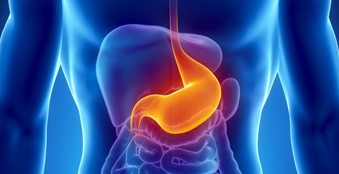
A DARPP role in gastric cancer
Vanderbilt researchers have discovered a link between Helicobacter pylori infection, inflammation and gastric cancer that could suggest new anti-cancer therapies. Read MoreNov 3, 2016
-

Cellular interactions found to contribute to lung fibrosis
Specific interactions between inflammatory cells and epithelial cells contribute to lung fibrosis, according to a study published last week in JCI Insight fromVanderbilt’s Lisa Young, M.D., associate professor of Pediatrics and Medicine and Cell and Developmental Biology, and colleagues. Read MoreNov 3, 2016
-
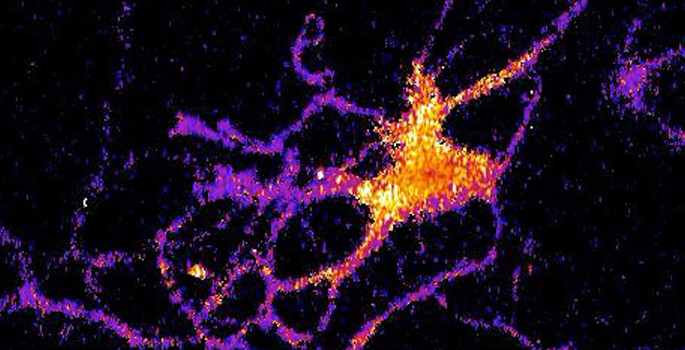
Bioluminescent sensor causes brain cells to glow in the dark
A team of Vanderbilt scientists have genetically modified luciferase, the enzyme that produces bioluminescence, so that it acts as an optical sensor that records activity in brain cells. Read MoreOct 27, 2016
-

Study tracks makeup of VUMC collaborative care teams
At Vanderbilt University Medical Center (VUMC) there are about 486 distinct operational units involved in inpatient care and evaluation. Read MoreOct 27, 2016
-
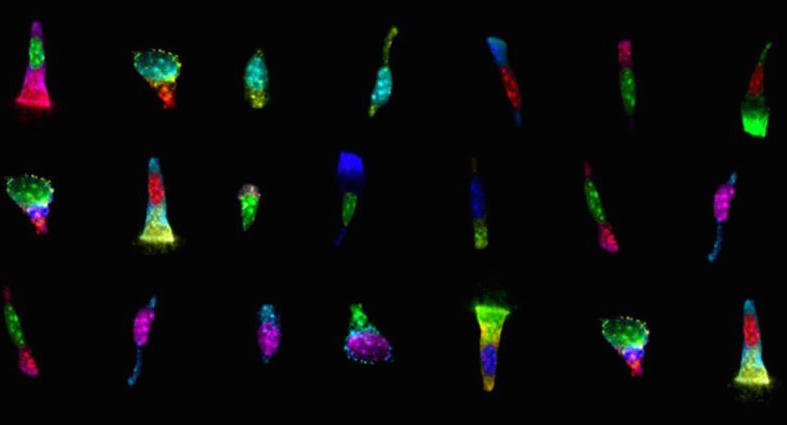
Single-cell study of tumor samples
A new method for analyzing cells in fixed biopsy tissues from patients by guide personalized treatment strategies for cancer. Read MoreOct 26, 2016
-

Sleep issues in children with diabetes
Lengthening sleep duration and reducing sleep disturbances in children with type 1 diabetes may improve diabetes outcomes and reduce parental stress. Read MoreOct 24, 2016
-

DNA damage response protein
Vanderbilt researchers have determined that a previously uncharacterized protein responds to DNA replication stress and has an essential role in maintaining the integrity of the genome. Read MoreOct 21, 2016
-
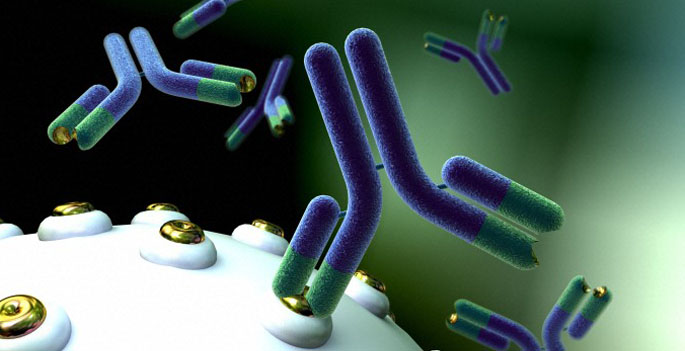
Preparing for a return of pox
To prepare for the potential of a smallpox return, Vanderbilt researchers are isolating and studying naturally occurring antibodies from the blood of previously infected or immunized people. Read MoreOct 20, 2016
-

Study finds natural compound extends lifespan of worms
A compound found in buckwheat seeds extends the lifespan of worms, Vanderbilt investigators have discovered. Read MoreOct 20, 2016
-

Research sheds light on how RSV wards off potential vaccines
Respiratory syncytial virus (RSV) is the major cause of life-threatening viral pneumonia in infants worldwide, yet despite repeated efforts, scientists have been unable to develop an effective vaccine against it. Read MoreOct 20, 2016
-

Cancer disparities grant with Meharry, TSU gains renewal
A multi-year collaborative cancer research effort among Vanderbilt University Medical Center (VUMC), Meharry Medical College (MMC) and Tennessee State University (TSU) will receive continued federal funding through the renewal of U54 Partners in Eliminating Cancer Disparities Grants from the National Cancer Institute (NCI), a division of the National Institutes of Health. Read MoreOct 20, 2016
-

EGF receptor found to regulate macrophage inflammation in gut
Researchers at Vanderbilt University School of Medicine have uncovered a link between epidermal growth factor receptor (EGFR) signaling and the inflammatory response to bacterial infection in the gastrointestinal tract. Read MoreOct 13, 2016
-

Grant spurs research on how nerves guide organ function
Michelle Southard-Smith, Ph.D., associate professor of Medicine in the Vanderbilt University School of Medicine, has won a major award from the National Institutes of Health (NIH) to support her research on how nerves control organ function. Read MoreOct 13, 2016
-

Imaging probe for retinal disease
An imaging probe developed at Vanderbilt detects retinal inflammation early and may allow therapeutic intervention to prevent blindness. Read MoreOct 12, 2016
-

Culprits in genetic epilepsies
Genetic variation in GABA-A receptors confers risk for inherited forms of epilepsy. Read MoreOct 11, 2016
-

Rheumatoid subtypes explored by PheWAS
A computer-based method pioneered at Vanderbilt is being used to compare subtypes of rheumatoid arthritis. Read MoreOct 7, 2016